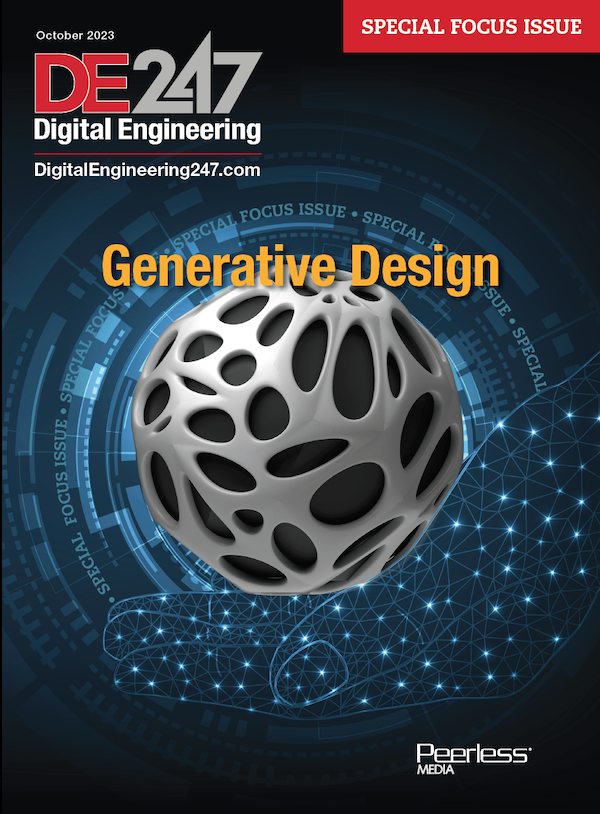Sumika Partners With Hexagon
This enables more plastic carbon reduction for new vehicles by digitizing sustainable compounds for engineers, according to the companies.

Carbon footprint analysis of engineering plastics used in the automotive industry. Image courtesy of Hexagon.
Latest News
January 26, 2023
Hexagon's Manufacturing Intelligence division and Sumika Polymer Compounds Europe (SPC Europe), a manufacturer of thermoplastic compounds, have partnered to digitize the performance of new sustainable automotive-grade polypropylene (PP) compounds, enabling engineers to design components that are more recyclable and offer a lower carbon footprint for future vehicles, the companies report.
Sumika Polymer Compounds' short glass-fiber polypropylene (GF-PP) THERMOFIL HP and recycled polypropylene (GF-rPP) THERMOFIL CIRCLE materials benefit from sustainable manufacturing and recycling processes and offer carmakers performance equivalent to incumbent engineering plastics. These new Sumika recycled PP compounds are designed for the circular economy, contributing to plastic waste reduction at vehicle end-of-life.
“Limited material behavior data is a barrier to sustainable eMobility innovations because automotive engineering teams have not been able to put new materials through the rigorous virtual durability and safety tests required for automotive endorsement,” says Guillaume Boisot, head of the Materials Centre of Excellence at Hexagon. “Our unique multiscale material modelling technology accelerates the adoption of SPC Europe's ground-breaking recycled materials by making it possible for product development teams to accurately simulate a component and subject it to established automotive engineering test and validation.”
“Our THERMOFIL short glass-fiber reinforced polypropylene compounds offer equivalent performance to traditional engineering plastics while providing a much lower carbon footprint, which makes them highly suitable to meet design challenges that sustainable eMobility brings,” says Bruno Pendélio, marketing manager for SPC Europe. “Combining our efforts with Hexagon allows us to support the race towards carbon neutrality by further lightweighting our customers' automotive components, reducing physical material testing and prototyping.”
Hexagon conducted a detailed testing and physical validation program with SPC Europe to produce highly accurate multi-scale behavioral models of its THERMOFIL HP grades and THERMOFIL CIRCLE portfolio of recycled PP grades. Each material grade has a model that simulates the materials' mechanical and environmental performance throughout a component's lifecycle. The encrypted proprietary material models can be accessed by SPC Europe customers through Hexagon's Digimat software. Digimat is interoperable with computer-aided engineering (CAE) software tools, such as MSC Nastran, Marc and third-party software.
Sources: Press materials received from the company and additional information gleaned from the company’s website.
More Hexagon Manufacturing Intelligence Coverage
Subscribe to our FREE magazine, FREE email newsletters or both!
Latest News
About the Author
DE’s editors contribute news and new product announcements to Digital Engineering.
Press releases may be sent to them via DE-Editors@digitaleng.news.






